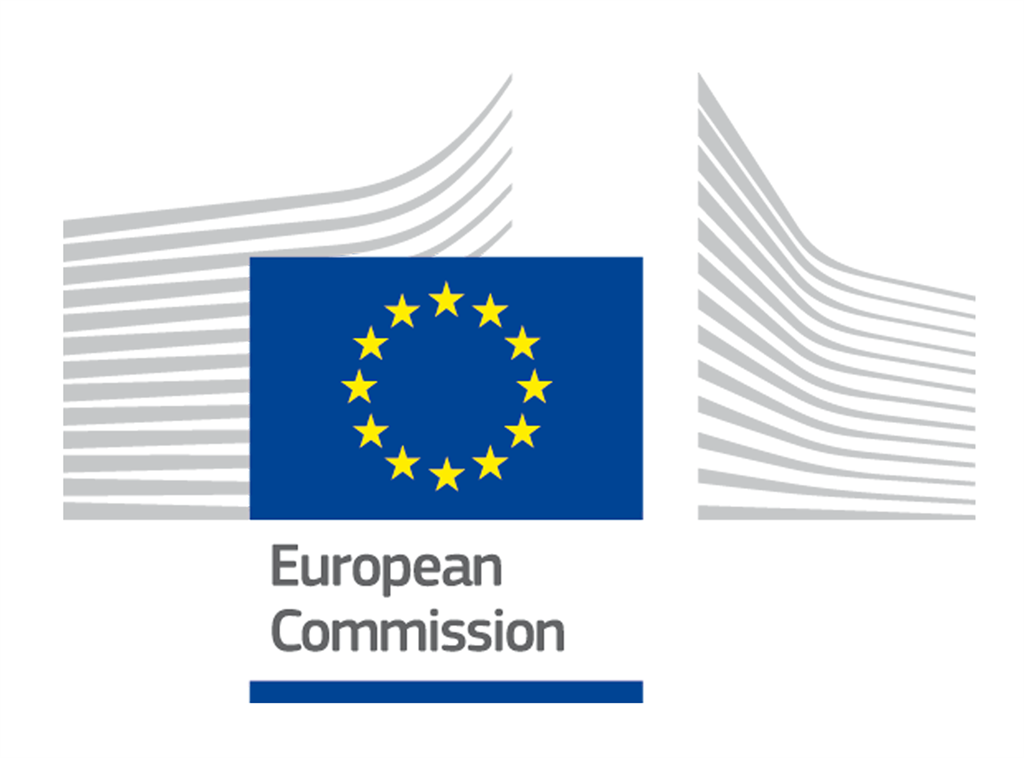Location
European Commission
The European Commission represents the general interest of the EU and is the driving force in proposing legislation (to Parliament and the Council), administering and implementing EU policies, enforcing EU law (jointly with the Court of Justice) and negotiating in the international arena.
Members:
Resources
Displaying 51 - 55 of 60Technical Assistance to the Land Governance Development in South Sudan
General
Within the Food Security Framework Programme and in response to the Land Transparency Initiative launched by the United Kingdom Presidency at the G8, the European Union is leading the country partnership initiative with the Republic of South Sudan.The aforementioned country partnership has the potential to become an effective and much needed vehicle to enhance the coherence of donors support in the area of land governance and land transparency. It aims at supporting South Sudan efforts to str
Sustainable Management of Kharga Oasis Agro-Ecosystems in the Egyptian Western Desert
Objectives
Ensure sustainable food production systems that help maintain and progressively improve soil quality and agro-biodiversity status in oasis agro-ecosystems of the Egyptian Western Desert Indicators: Area of landscapes under sustainable land management in production systems (core sub-indicator 4.3) - 3,520ha Area of landscapes under improved practices to benefit biodiversity (core sub-indicator 4.1) - Globally significant landraces/CWR maintained on 700ha Number of direct beneficiaries disaggregated by gender (core indicator 11) - 2,250 (45% women)
Other
Note: Disbursement data provided is cumulative and covers disbursement made by the project Agency.
TajCREFF Bank Eskhata Loan
General
The EBRD is providing Bank Eskhata, a commercial bank established and operating in Tajikistan, a senior loan under the new Tajik Climate Resilience Financing Facility. TajCREFF is a pilot initiative that intends to support private sector investments in technologies which contribute towards development of climate resilience in Tajikistan. The initiative intends to break new ground in the emerging area of financing pro-business climate resilience measures in a country that is highly vulnerable to the impacts of the climate change. The EBRD is also considering a senior loan in Tajik Somoni to Bank Eskhata (MSME Loan) under the Financial Intermediary Framework. The new loan will provide Bank Eskhata with needed medium term funding in local currency, which remains scarce on the market. It will support Bank Eskhata's efforts in increasing local currency lending to micro, small and medium size enterprises ('MSMEs'). It will allow Bank Eskhata to participate and directly contribute to promotion of investments in technologies and measures which contribute towards development of climate resilience of the businesses and households, in particular investments in improved water and energy use, better land management and irrigation practices in agriculture sector. Bank Eskhata will benefit from dedicated technical assistance provided under the TajCREFF to all participating financial institutions.
Global Support Programme III: Strengthening Capacities of Country Parties for UNCCD Monitoring and Reporting
Objectives
To enhance technical and institutional capacity for land degradation monitoring and reporting in the context of the UNCCD Strategic Framework 2018-2030 and SDG15.3
Other
Note: Disbursement data provided is cumulative and covers disbursement made by the project Agency.
Towards a Land Degradation-Neutral Azerbaijan
Objectives
To support the national efforts to develop and implement LDN national targets, and demonstration of SLM in Absheron Peninsula and surrounding areas, contributing to rehabilitation of degraded lands and improved livelihood resilience
Other
Note: Disbursement data provided is cumulative and covers disbursement made by the project Agency.
Target Groups
189. Degraded lands in Azerbaijan provide many important ecosystem goods and services. These lands provide not only economic benefits, but also social and environmental services. Global environmental benefits related to the establishment of an effective Land Degradation Neutrality system that balances gains and losses of productive land and supports resilient and productive landscapes with a mosaic of land uses and diverse livelihood opportunities will also generate socio-economic benefits for the local communities in the project targeted areas will include: · Strengthening of value chains and improvement of market access for revenue and income generation, with improved employment opportunities for rural women and youth in particular · Improved food, nutritional and water security for vulnerable rural households that are often headed by women, strengthening their human rights to access to food and water · More resilient and equitable livelihoods for both women and men · Reduced risk (natural disasters, market volatility, access to information and finance) related to investing in value-chain development, restoration and SLM on degraded lands · Improved access to finance for smallholders and small-scale livestock owners for investing in new business plans related to restoration and SLM for achieving LDN.


